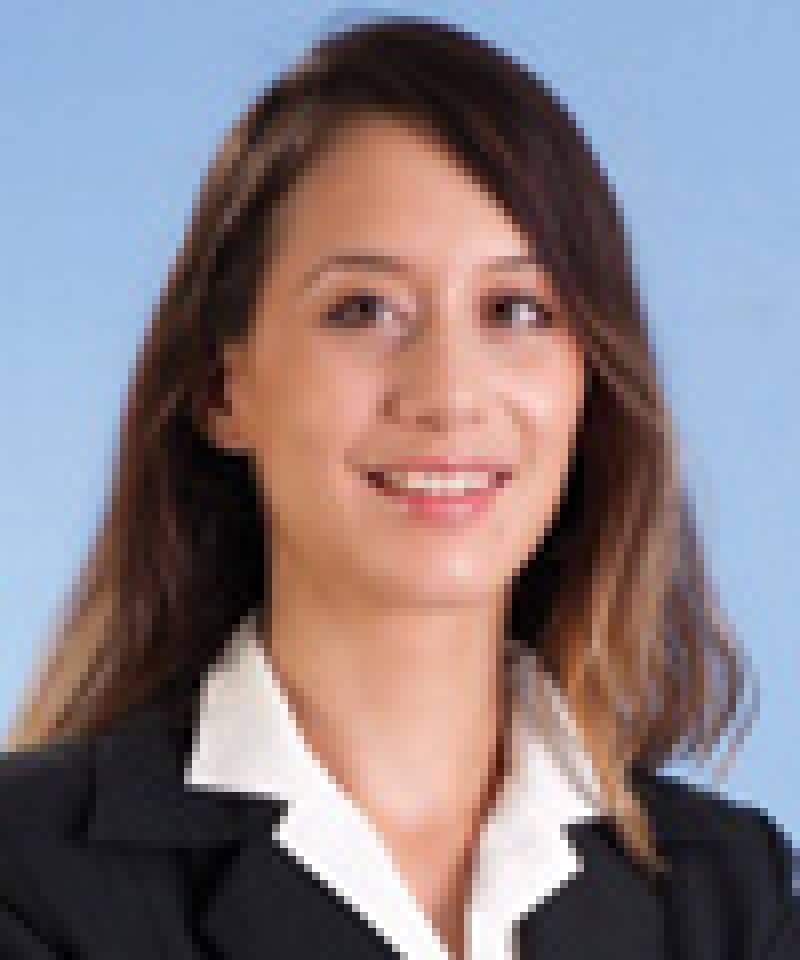
|
Cynthia Herman |
The Myanmar Internal Revenue Department (IRD) is taking steps to move the method of assessment away from the current system, which requires taxpayers to submit their audited financial statements to the Companies Circle Tax Office (CCTO) by June 30 each year for assessment, to that of self-assessment (SA). The Myanmar income year starts on April 1, and all tax payments for that year should have been made by the year end of March 31. The tax filing date allows companies three months after year end to have their accounts audited; this may only be performed by a Myanmar Certified Public Accountant (CPA) although it is expected that this will extend to include ASEAN CPAs in 2015. The CCTO may issue a tax assessment based on the financial statements submit, however normally they will conduct a tax audit to make their assessment. With the influx of foreign investment and an increasing companies being incorporated, a more efficient, less labour-intensive method of assessment will allow the CCTO to effectively handle the increasing burden therefore SA is being piloted.
A pilot scheme will launch for the April 1 2014, therefore this year is being used to both train tax officers in the new system, and educate taxpayers. The IRD intend to open a new office, the Large Taxpayers Unit, to oversee the new SA system. The pilot will be made up of around 50 taxpayers, selected from the top 100 taxpayers of the most recent financial year ended March 2013 which are due to be announced later this month, who may also volunteer to take part in the pilot. If the pilot is successful, the intention is to roll out the self-assessment method for all taxpayers assessed by CCTO.
To ensure that scheme is successfully implemented, 50 tax officers have already received training from the OECD regarding transfer pricing issues in Nay Pyi Taw, Myanmar in February 2013. There are also plans for further study abroad for IRD tax officers. The IRD are supported by much international external assistance in the tax reform process, and in the anticipated move to SA system.
Cynthia Herman (cynthia.herman@vdb-loi.com)
VDB Loi
Tel: +95 942 112 9769
Website: www.vdb-loi.com









